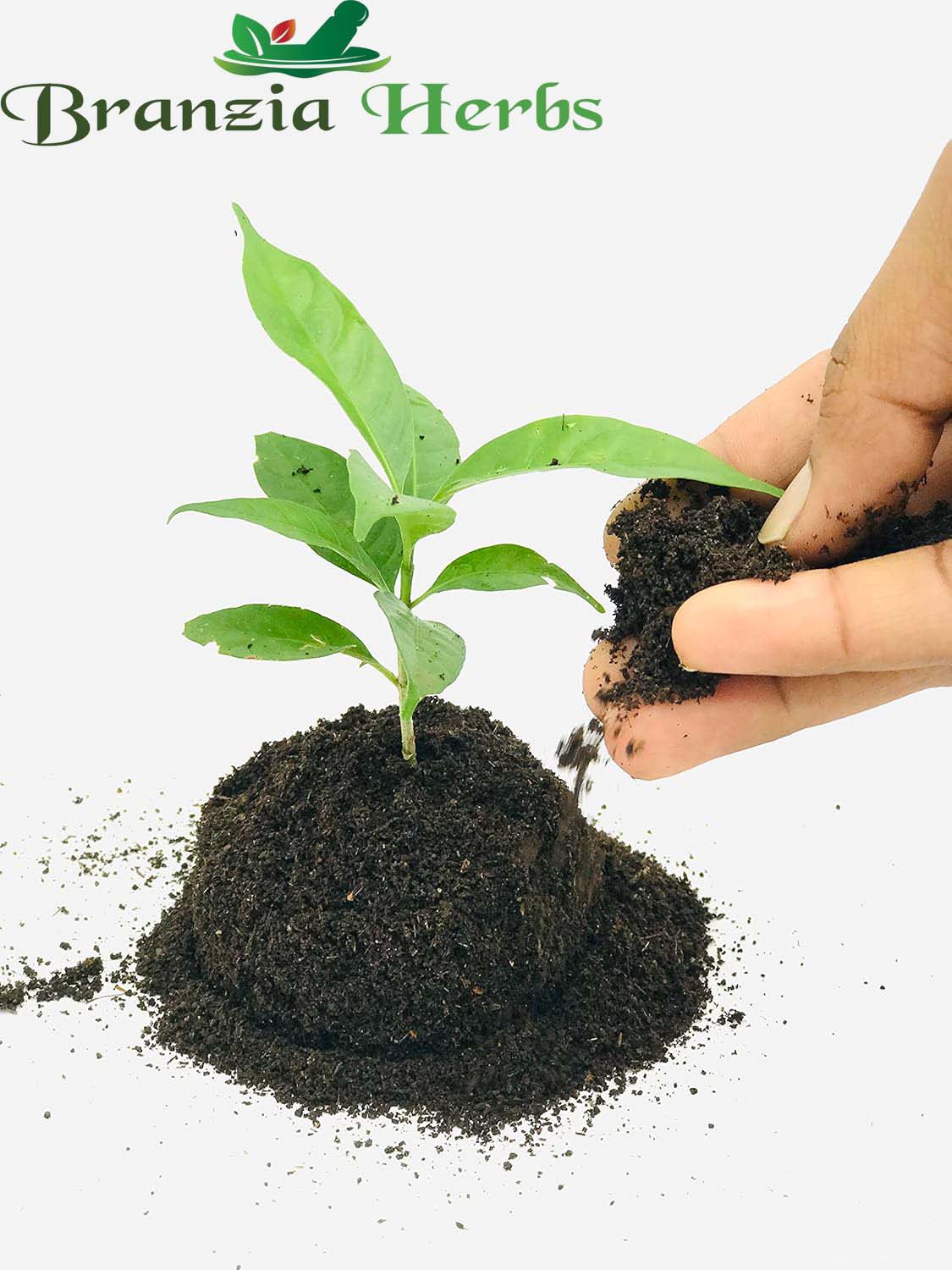Hybrid Makka Maize Corn Seeds refer to a variety of maize (corn) known for its high yield, resilience, and adaptability. Hybrid maize varieties are bred for specific traits such as improved disease resistance, better growth characteristics, and higher productivity. Here’s a comprehensive guide to growing and utilizing Hybrid Makka Maize Corn:
Characteristics of Hybrid Makka Maize:
-
Appearance: Typically, this hybrid produces tall corn plants with sturdy stalks and large ears of corn. The kernels are often yellow or golden, though variations may exist.
-
Size: The ears are generally well-developed, with good kernel rows and a full, plump appearance.
-
Yield: Hybrid maize varieties are known for their high yield potential, producing more kernels per ear and more ears per plant compared to non-hybrid varieties.
Growing Tips:
-
Climate: Corn grows best in warm climates with temperatures between 60-85°F (15-29°C). It requires a long growing season, usually 70-100 days from planting to harvest, depending on the specific hybrid variety.
-
Soil: Prefers well-drained, fertile soil with a pH of 6.0 to 7.0. Corn is a heavy feeder, so soil enriched with organic matter or compost is beneficial.
-
Spacing: Space corn plants about 8-12 inches apart in rows, with rows spaced 30-36 inches apart. This spacing allows for adequate airflow and light penetration, which helps prevent disease and promotes better growth.
-
Watering: Keep the soil consistently moist, especially during the critical growth stages, such as flowering and kernel development. Corn requires ample water to develop fully, but avoid waterlogging as it can lead to root rot.
-
Fertilization: Use a balanced fertilizer or one with higher phosphorus and potassium content to support robust growth and yield. Corn benefits from side-dressing with additional nitrogen as the plants develop.
Uses:
-
Culinary: Corn can be used in a variety of dishes, including fresh corn on the cob, cornmeal, popcorn, and in salads and soups. The sweet flavor and crunchiness make it a versatile ingredient in both savory and sweet recipes.
-
Processing: Maize is also used to produce corn syrup, corn oil, and various processed foods. It can be ground into cornmeal or flour for baking.
-
Animal Feed: Maize is a significant source of feed for livestock. It provides essential nutrients and energy for animals.
Benefits:
-
Nutritional Value: Corn is a good source of dietary fiber, vitamins B and C, and essential minerals such as magnesium and potassium. It also provides antioxidants, including lutein and zeaxanthin, which are beneficial for eye health.
-
Health Benefits: Eating corn can support digestion due to its fiber content, provide energy from its carbohydrate content, and contribute to overall nutritional intake. It also has potential benefits for cardiovascular health due to its antioxidants.
Additional Tips:
-
Harvesting: Corn is typically ready to harvest when the kernels are full and plump, and the husks are dry and brown. The silk at the top of the ear should also be dry. For fresh corn, harvest when the kernels are still tender and sweet. For storage or processing, wait until the ears are fully mature.
-
Pest Management: Corn can be susceptible to pests such as corn borers, earworms, and aphids. Regularly inspect plants and use appropriate pest control measures if necessary. Crop rotation and good garden hygiene can help manage pest populations.
-
Disease Management: Be aware of common diseases such as rust, blight, and mold. Practice good spacing, avoid overhead watering, and select disease-resistant varieties to minimize issues.
Hybrid Makka Maize Corn Seeds are a great choice for high-yield and high-quality maize production. With the right care and attention, you can enjoy a successful harvest and a variety of culinary and agricultural benefits







